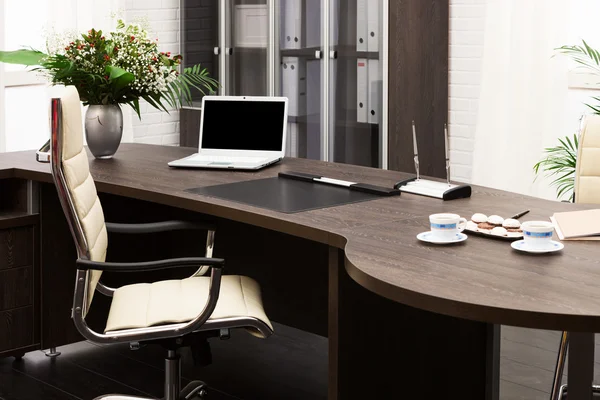
Five Tips to a Better Work-Life Balance

With what feels like an ongoing struggle with achieving the ideal work-life balance, recent research shows that two thirds of British employees are not happy with their work-life balance. Sure, it’s not easy to achieve, but the work-life balance isn’t a myth.
As the workplace becomes increasingly competitive and the financial stresses of living in the city are on the rise, more of the population are finding themselves putting in extra hours at work. Which eats into what should be (much-needed) downtime.
According to a recent survey commissioned by outsourcing platform Airtasker, given the chance of getting help with our daily tasks, reading came up as top chosen pastime whilst watching TV came second and a pamper session came in third.

Here, we have worked with the team at Airtasker who gave us their 5 tips to give your well-being a boost whilst keeping up with your career:
Know when to say no
This one is a little tougher for some.
If you’re the kind of person that finds it hard to say no to your boss or teammates when they ask for help, you’ll find your plate overflowing more often than not.
There’s no need to respond straight away when someone asks you for help with a task. Tell them you’ll get back to them and take a moment to check whether you have time to do it. If not, they won’t be offended if you say no.
Remember, it’s better to do a few things well rather than burning the candle at both ends trying to get too much done.
Leave work at work
Our smartphones have somehow made us more productive and less productive at the same time. Despite all the distractions they offer, they also give us a chance to do our work from pretty much anywhere.
This isn’t necessarily a good thing though. You really shouldn’t be looking at work emails at 11.30 p.m.
A good way to switch your mind off when leaving work is to write a to-do list for the following day. Then shut down and do your best to leave any work stresses in the office.
Learn how to work ‘smart’
In an age of useless email threads and meetings about meetings, you must master your focus and learn how to work smarter. It’s easy to unconsciously waste time while at the office, leaving work piled up for you at the end of the day.
Prioritisation is the number one thing to master if you want to be efficient and productive in your work hours. This links back to the first point about being able to say no. Don’t be afraid to decline meeting invites if your presence isn’t necessary.
- Set deadlines for each step in each task and stick to them.
- Block out time in your diary or move to a quiet area to get a presentation done if you need to.
Outsource smaller tasks that you feel are a waste of your time. If you’re able to eliminate the ‘faff’ and cut out the noise, you’ll find yourself getting a lot more done in a lot less time. Apps like Airtasker allow you to find skilled people to help you with all matters of tasks from life admin to food delivery.
Plot in your work and personal time
According to a recent study, quality ‘me-time’ can actually make you a better employee. And of course, it’s also great for your well-being. So, how do you make sure you’re getting it?
Try this: plot self-care time into your diary and give it as much importance as you do your career. Have a clear divide between your work hours and your personal hours, and don’t let either intrude into each other.
If you’re on the work-obsessed side, think of it this way – if you focus on your personal well-being, you’ll be a more engaged employee and perform better at work. It’s a win-win.
Listen to your mind and body
A poor work-life balance takes a toll on your physical health, not just your mental well-being. Exercise is oh-so-important to de-stress both your body and mind; thanks to the wonderful endorphins it releases. Try and get a half hour everyday – even a simple walk can reduce stress and re-energise you.
Similarly, meditation and other types of relaxing activities pre or post-work can help you disengage from stressful thoughts about work. Even if it’s just for a bit.













































